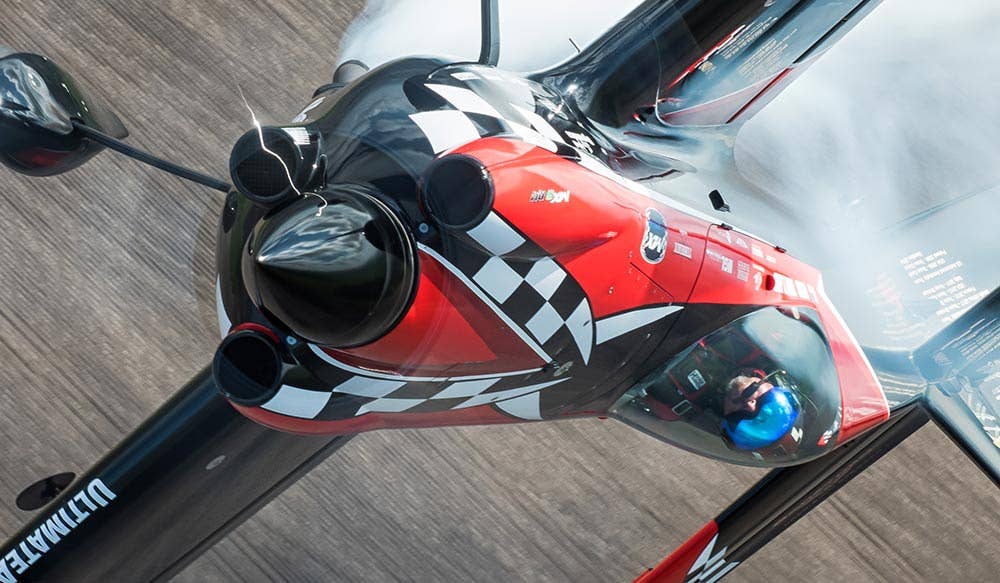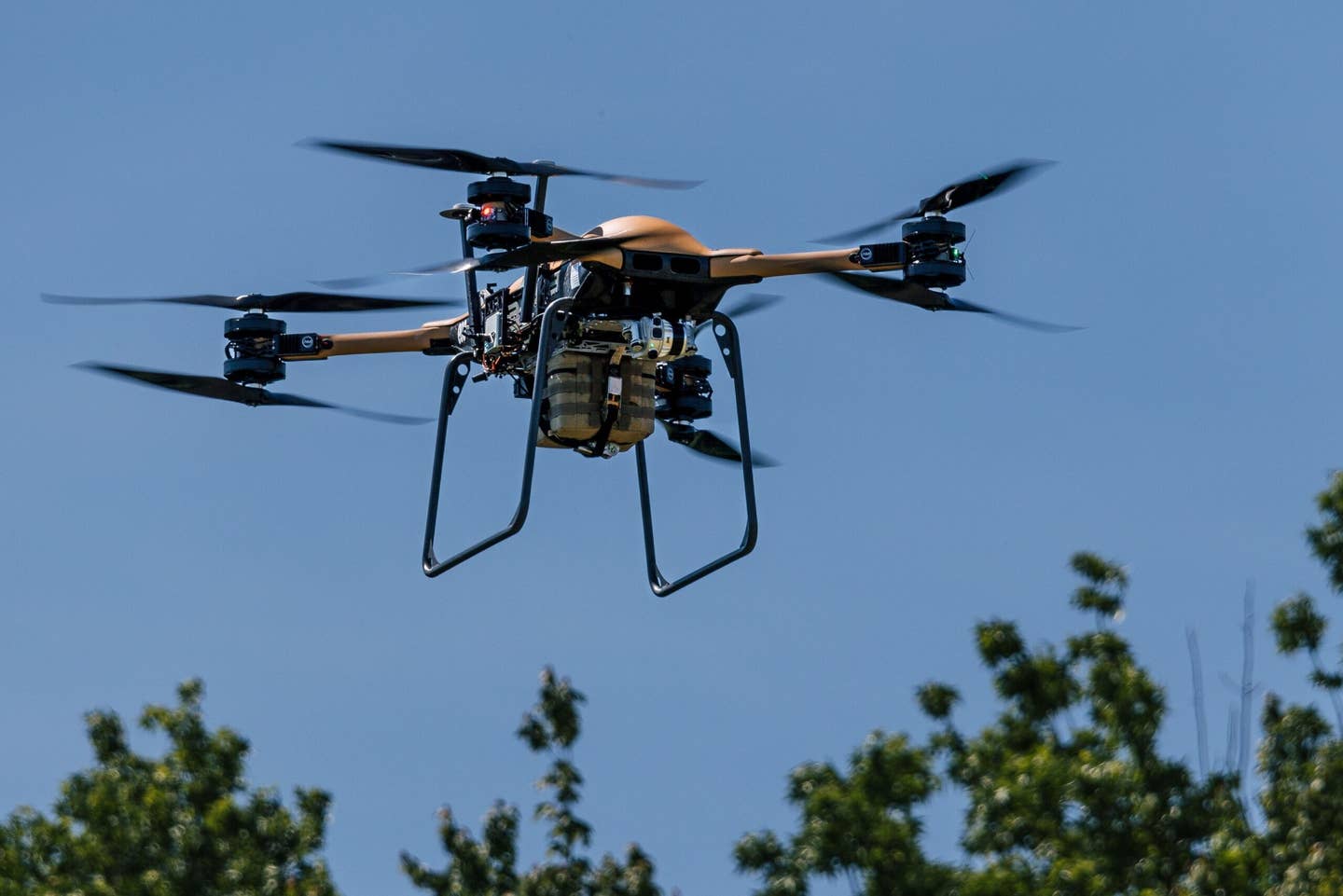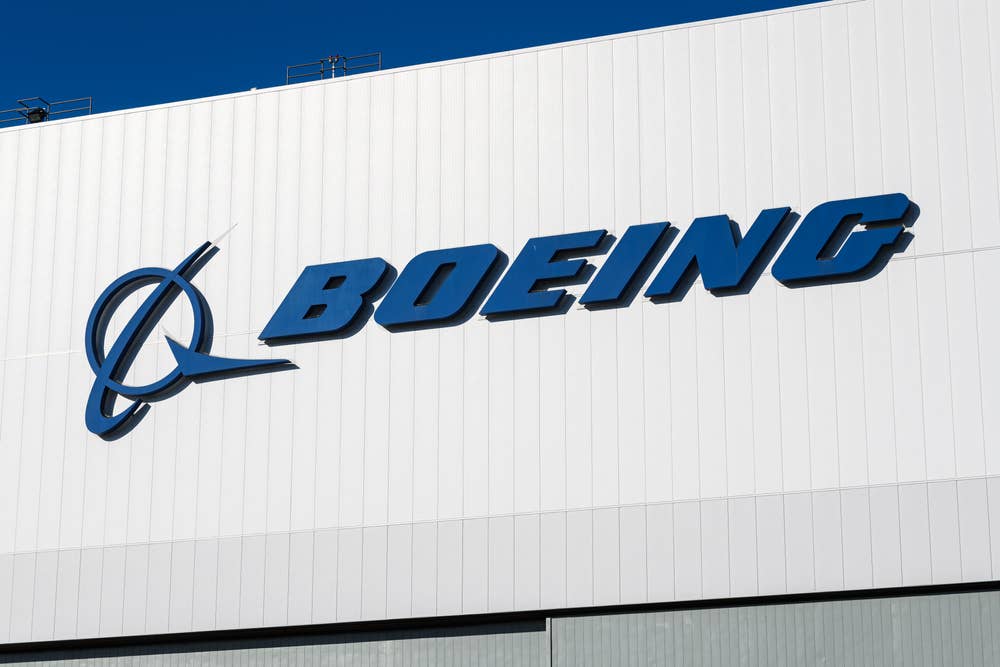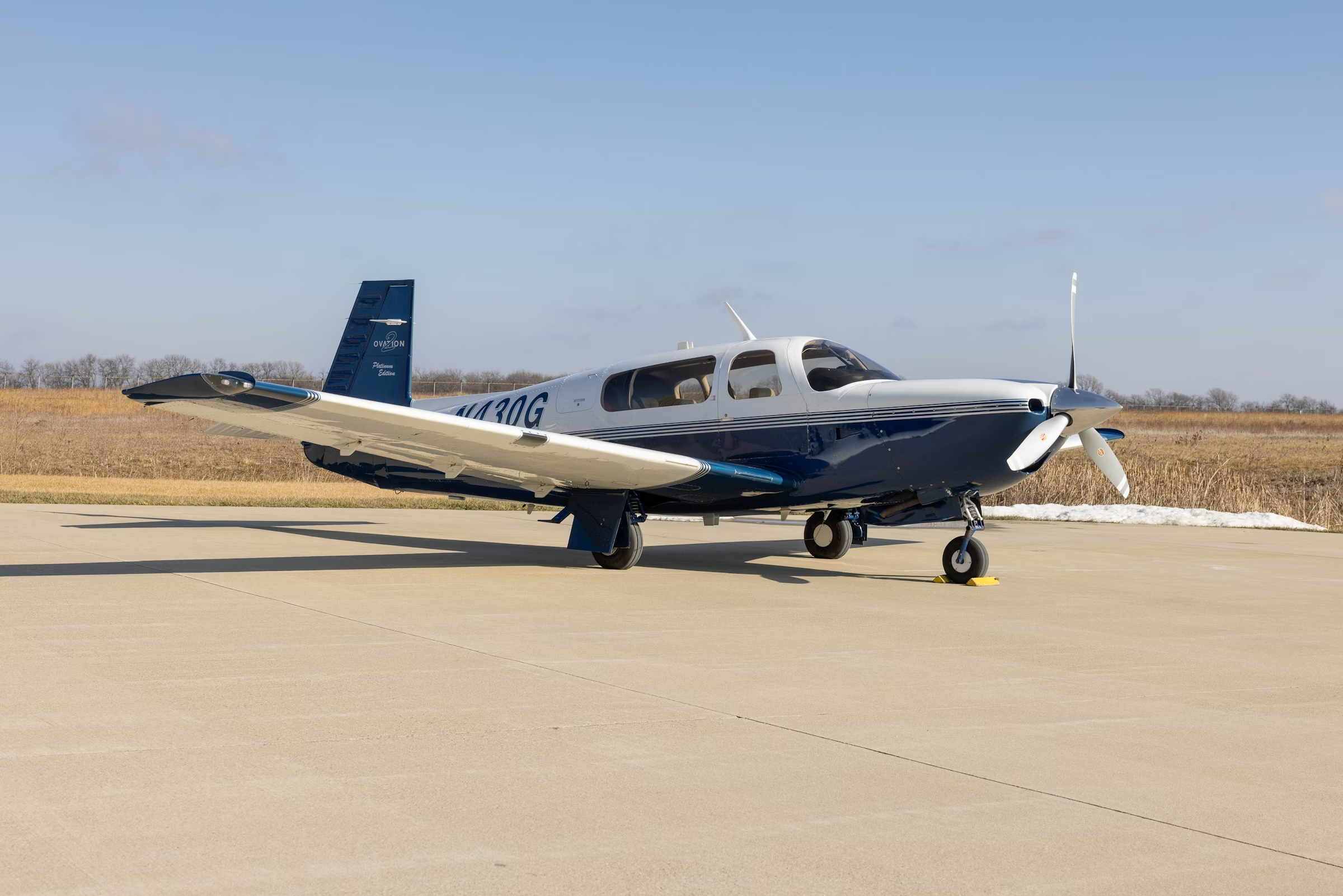Embraer’s Eve to Merge with Zanite SPAC
Company chooses to join a special purpose acquisition company to scale up its air taxi manufacturing business.
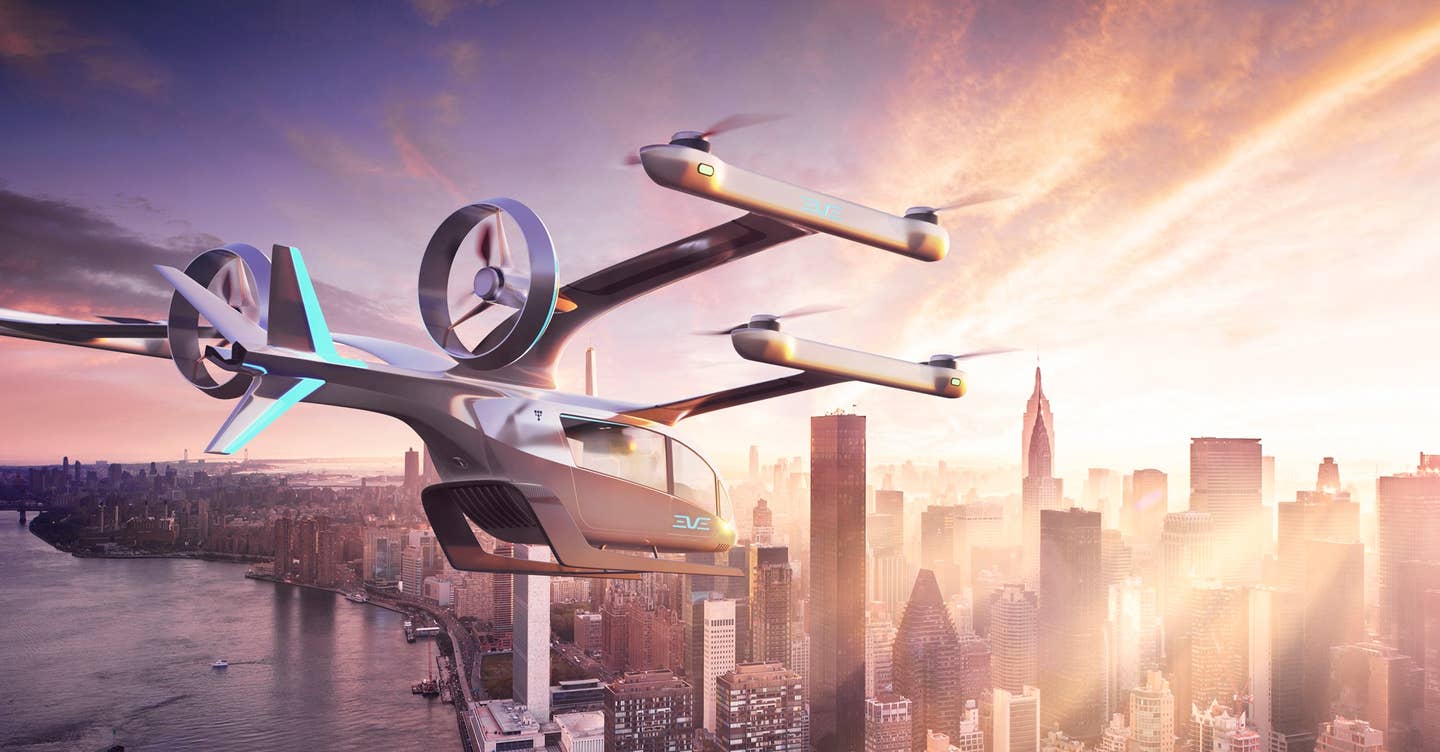
Eve’s multi-rotor pusher eVTOL air taxi is currently under development. [Courtesy: Eve Air Mobility]
In a surprise announcement Tuesday, Embraer’s (NYSE:ERJ) electric vertical takeoff and landing (eVTOL) aircraft manufacturer, Eve, announced it will merge with special purpose acquisition company Zanite Acquisition Corp. to raise capital for scaling up its eVTOL business.
The deal, expected to close in the second quarter of 2022, will put Eve on the New York Stock Exchange, listed under the symbols EVEX and EVEXW.
The transaction, which values Eve at $2.9 billion, will provide “Eve with the best of both worlds—the focus and agility of a technology disruptor, with the experience, scale and resources of a global aviation leader,” said Luis Carlos Affonso, Embraer’s senior vice president of engineering, technology, and strategy, during an investor conference call Tuesday.
Leading Eve will be co-CEOs Gerard DeMuro, former CEO of BAE Systems, and Andre Stein, who has led Eve since Brazil-based Embraer launched it in 2020.
If all goes as planned, Eve will join other major eVTOL air taxi manufacturers such as Archer Aviation (NYSE:ACHR), Joby Aviation (NYSE:JOBY) in California, Germany’s Lilium (NYSE:LILM), and Vertical Aerospace (NYSE:EVTL) in the U.K.—all of which have merged with SPACs to raise additional capital.
“As an independent company, Eve is free to swiftly pursue new business models, partnerships and investors that would not be possible as a business unit of Embraer,” Affonso said.
Unlike Joby, Archer and other eVTOL makers, Eve has no plans to operate an airline and “will not carry aircraft on its books or compete with its potential customers,” said Kenneth Ricci, Zanite co-CEO. Eve has recently announced non-binding agreements with operators in Kenya, Europe, Australia, and elsewhere in the Asia-Pacific region.
Tuesday’s announcement is the latest development in the global urban air mobility movement aimed at developing small, environmentally friendly aircraft for short hops over traffic congested cities.
The Deal
The deal will be funded from a combination of Zanite’s approximately $237 million cash in trust, assuming there will be no redemptions by Zanite’s stockholders. Other eVTOL SPACs this year have experienced unexpectedly high redemption rates from mergers, as some investors exercised their options not to take part. EVTOL company Volocopter canceled its SPAC plans last month.
The merger is expected to give Embraer about 82 percent ownership of the new SPAC on a pro forma basis, including its additional private investment in public equity (PIPE) investment. In a PIPE, investors agree to buy a specific number of restricted shares at a specific price. In exchange, the company allows investors to resell the shares.
The Eve merger’s PIPE includes $305 million of common stock at $10 per share. The PIPE includes commitments of $175 million from Embraer, $25 million from Zanite’s sponsor and $105 million from a group of financial and strategic investors.
Those investors include:
- Azorra Aviation
- BAE Systems
- Banco Bradesco
- Falko Regional Aircraft
- Republic Airways
- Rolls-Royce
- SkyWest
All About Eve’s eVTOL
Currently under development, Eve’s eVTOL is expected to be type certificated by the end of 2025 and to enter service by early 2026. It will carry four passengers—as many as six while flying autonomously. Autonomous operations for the aircraft, according to investor documents, is expected to begin around 2030.
“Eve’s path to certification will have the premium position through ANAC which is the primary certification authority in Brazil and works bilaterally with others such as the FAA and EASA," Ricci said.
Lifted by eight rotors and driven by two rear-mounted pusher propellers, the aircraft is expected to offer a range of 100 km (60 miles).
“Eve’s vehicle is based on a simple design that is more straightforward to certify and more efficient to operate than any of the other options like tilt rotor aircraft,” said Ricci during the investor call.
DeMuro said the “design requires no breakthroughs in battery chemistry, power density or other technologies. We are combining the best of proven technologies perfected by Embraer over many years, along with innovations developed by Eve based on currently available components.”
Those proven technologies include a fifth-generation fly-by-wire system that was developed by Embraer. The system has been proven in four previously certified aircraft families, said Eve CTO Luiz Valentini.
New innovation on Eve’s eVTOL includes “our man-machine interface that is being designed from scratch by Eve,” Valentini said. “This new interface is designed to simplify piloting tasks, increase safety and reduce the training of pilots when compared to helicopters.”
So far, Eve has secured launch orders from 17 customers, via non-binding letters of intent. If those deals come to pass, they would result in a pipeline of 1,735 eVTOL aircraft valued at about $5 billion, Eve said.

Sign-up for newsletters & special offers!
Get the latest FLYING stories & special offers delivered directly to your inbox

